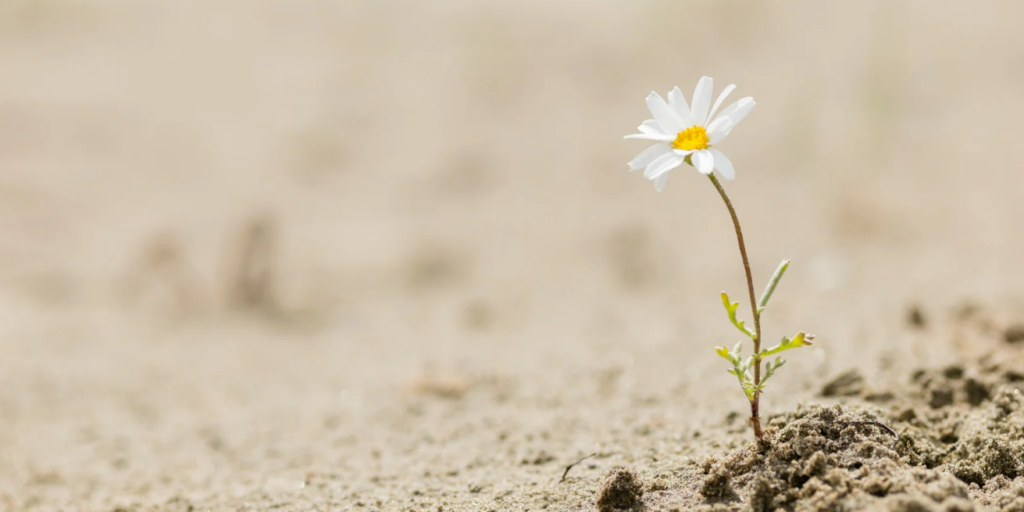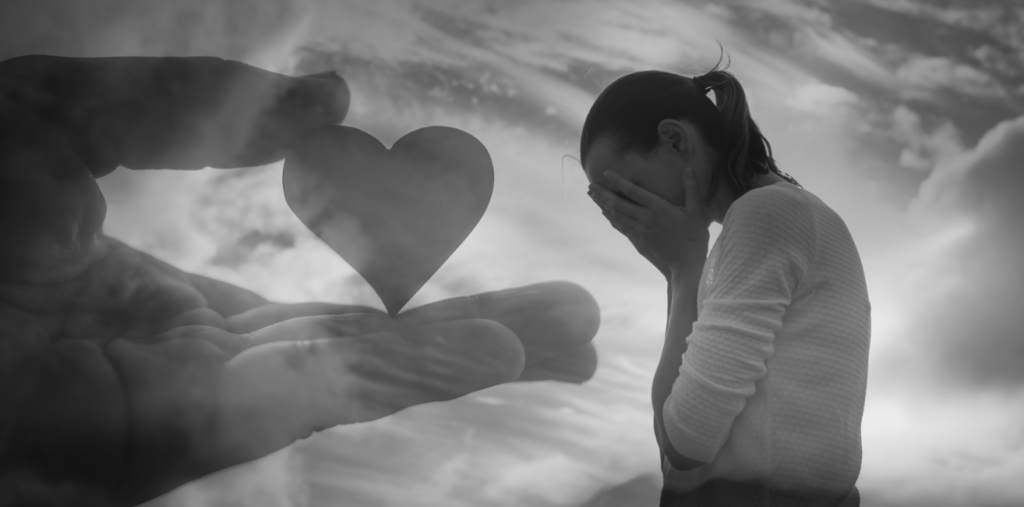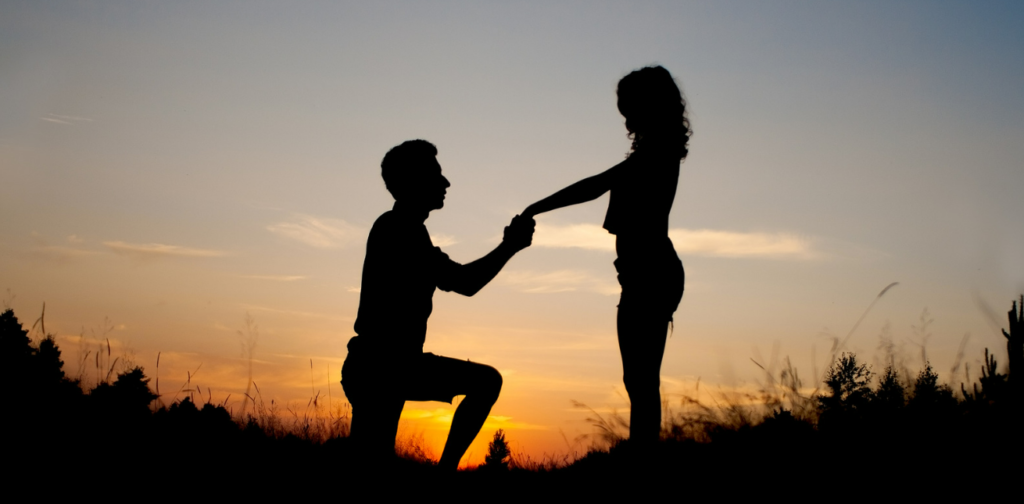Interview with Dorothy Bella Tambara
In this episode, we will uncover 3 keys to:
- Healing and Growth After Relationship Pain
- Navigating Red Flags and Cultivating Self-Awareness
- The Art of Reawakening Love

A Podcast Transcription
Episode 38: Rediscovering love after loneliness: Remarriage expert~Dorothy Bella Tambara
Intro
Odiva Vasell: (00:00)
Welcome, my fabulous fempreneurs. Today I am here with Dorothy Bella Tambara, and she is going to tell us about her amazing business, which is based on finding and maintaining love connections. Welcome, Dorothy.
Dorothy Bella Tambara: (00:28)
Thank you so much, Odiva. It’s always good to talk to you.
Odiva Vasell: (00:36)
I am so excited that we connected today. We’re in different parts of the world. You’re in South Africa; I’m in the US. But it is always a flame when we, and I see the flame behind Finding Love After Moments of Emptiness. Beautiful. Tell us, what does that mean? F.L.A.M.E.
Dorothy Bella Tambara: (01:04)
Flame?
Odiva Vasell: (01:05)
Yes, finding love.
Healing and Growth After Relationship Pain

Dorothy Bella Tambara: (01:07)
It’s based on the feeling which gets into you after one is almost done with grieving. When you experience relationship-based pain, you have a period of numbness where you tell yourself, “I will never go back to that arena again.” But then with time, you sow, and things start to happen. Little flames start to flicker, the moments of emptiness now turn into loneliness. You wish you had company again; you feel like trying. And so your moment of emptiness could either be your divorce; it might be widowed; it might be just a letdown, but it’s just of pain which gives us a break from loving again, maybe for a while. Then when you are done grieving, you just say, “Why not?”
Odiva Vasell: (02:14)
Love it. Flame, tell us how you got started in this business of love and flame.
Dorothy Bella Tambara: (02:23)
Firstly, I had my moments of emptiness, too. In F.L.A.M.E. As you might have noticed, I support Christian executives who are single. We have gone through trajectories of pain. You know, those high achievers who are excelling. But you go through the deep of relationship-based pain, and then sometimes you keep yourself so busy that time elapses. Then you say, “Oh, my goodness. How do I balance my professional momentum, my emotional life, and of course, the family?” Because usually after divorce, you are left with a bit of your own family. So I underwent that too. I had my stint as a single woman after divorce, and when I was going through that, I learned quite a lot, which I am applying now. My divorce happened when I decided to go back to Uni to improve on my qualification. So I was a student, I was a mom. I had to work for my children’s fees, and I had to balance my life.
Odiva Vasell: (03:41)
Wow.
Dorothy Bella Tambara: (03:42)
So it was from juggling that life, those balls, not one, not two, but sometimes more than three that I saw that you really need
Odiva Vasell: (03:55)
Yeah.
Dorothy Bella Tambara: (03:56)
I was lucky.
Odiva Vasell: (03:58)
Yeah. That is something that we don’t always acknowledge—the moments of emptiness. This is something that people try to hide. They try to move on quickly. Divorce is coming. People get rid of. People break up, and the people come alongside them and just say, “Oh, move on, forget about it, get busy into someone else or into something else.” But your acknowledgment of this period of grieving, that is fantastic.
Dorothy Bella Tambara: (04:32)
You know, Odiva, emotions are not like a conveyor belt where you just pile whatever is being conveyed to the next room or next truck or whatever, which is carrying without due care. With emotions, you have to give yourself rest. I do acknowledge that there are some who want to move on fast. But we have a lot of casualties because of that. And because of those casualties, that’s why we now need education in this area. Especially for next relationships. If you check the percentage of the next-time relationships which are breaking, then you will see the need for pre-remarital coaching.
Odiva Vasell: (05:25)
Wow, pre-remarital coaching?
Dorothy Bella Tambara: (05:28)
Yes. We tend to make that mistake of thinking that because I have been in this institution before, I am mature, I know what I am doing, I may as well move on. It can be very wrong. Remarriage is a different ballgame. It’s not the same as the first time around, Odiva, and you can’t use the same tools back. You have to know and understand what you’re getting yourself into and then navigate it.
Odiva Vasell: (06:03)
It’s really special. Really special. Yeah.
Dorothy Bella Tambara: (06:08)
Half the time, people move on because they think they are healed when they are not, especially we, the busy women, we keep ourselves distracted, and we think we have healed, and yet we have not. And when the rubber meets and when the iron, then you will feel that no, I needed to take it slower. But by that time, there will be casualties who are usually you, your children, who are now being refractured because they have been through another breakup, and now they are going through another one with you. And if we are not careful, it also affects your professional momentum because we cannot function well if your emotional space is not well taken care.
Odiva Vasell: (07:05)
I just want people to reflect on what you said about the casualties. So much in our lives is “I’m okay. I’m okay. I’m back into the usual routine. I’m taking care of business, I’m taking care of the family.” But not recognizing that if you have not taken the time to heal those wounds fully, rather than neglect but heal those wounds fully, something will explode in other areas. And to think that our kids and their future relationships imagine fractured because of this lack of awareness.
Dorothy Bella Tambara: (07:48)
There are casualties. The first one being you yourself. I think one other day when we can sweep it under the carpet. Something which we have to talk about as women in our professional cycles. And just to say, you know what? I need to take a break. Or I need someone to talk to regarding this. Jumping from one relationship into the other can be detrimental. I liken it to eating while you’re still puking. I’m sorry. I should have told you that. that was coming.
Odiva Vasell: (08:31)
But I get it. Ripping off the Band-Aid. You need to use that kind of severe analogy. It has to be done.
Dorothy Bella Tambara: (08:41)
I have to hit, because just like the bile will taste bitter, so will your next relationship if you do not rinse your life enough. And in most cases, especially where divorce is concerned, we have these residual emotions of anger, of frustrations. And sometimes we are even bitter. So you become kind of a carriage wagon, taking the bitterness from the past relationship into the next relationship. And you wonder, why am I dating the same person in a different complexion or height? It’s because you haven’t healed.
Odiva Vasell: (09:30)
You’re still taking yourself to attract the very same person.
Dorothy Bella Tambara: (09:34)
That hits some attracting the same person again and again. Yes.
Odiva Vasell: (09:39)
Different physique.
Dorothy Bella Tambara: (09:45)
Maybe different color, but the character is the same.
Odiva Vasell: (09:48)
Yeah.
Dorothy Bella Tambara: (09:51)
Interesting. And going back to what you said about Remarriage. but what I’m understanding now is that even in a first marriage, if you were in a serious relationship prior to that, that was like a marriage and you didn’t heal and you moved on. You could be bringing that. So it’s this in-between space of relationships. If there isn’t any healing, you’re setting yourself up for the same casualties. The cycle, again.
Odiva Vasell: (10:34)
What happens is when you lose that relationship, either through divorce, widowed, or even a long-term relationship, it’s a great loss emotionally. You had wired yourself to think that this is going to be permanent. You had imagined buying that house on the beach. You had imagined aging with that person. You had seen your children in your mind, even if you had not married and you had named them. You had even dreamt of your grandchildren and seen your silver hair. There was a lot of emotional investment in the relationship and for that, we ought to grieve. You do not grieve because you have lost a spouse through death only. You grieve even for the loss of the love, the death of the love through divorce, the death of your plans and who you had taken yourself to be. You are emotionally amputated. When you get out of a long-term relationship, imagine yourself losing your leg right on the limb. You cannot stand, you can’t balance. You need to yield. And then if you are going to be given another limb. You will be given another limb for balance, and that’s remarriage.
Odiva Vasell: (12:05)
Okay, I spoke a lot about healing. It’s good to focus on this pinpoint, this area of grieving. What does grieving look like after a major trauma? I mean, we allow people who have been widowed to grieve, but what does grieving look like for the person that has ended the relationship that they had built their hopes and dreams on?
Dorothy Bella Tambara: (12:35)
Grieving, I would say firstly is acknowledgment of the loss. Acknowledgment of the pain that this is painful and going through it at its own pace and stages. If you try and cover it up and avoid it, you are aborting the grief and the result is detrimental to your own health, mentally, physically, and to your future relationships. And there will be many casualties, including the unfortunate next person who gets into your space. So when you grieve, you are coming to terms with the loss and saying this was a loss. I have seen people saying that was his loss or that’s her loss and sometimes express as if we are not feeling any pain at all.
Odiva Vasell: (13:37)
That’s very common. Yeah. And you said people sometimes…
Dorothy Bella Tambara: (13:42)
Not good for you.
Odiva Vasell: (13:43)
Yeah. It’s his loss or her loss.
Navigating Red Flags and Cultivating Self-Awareness

Dorothy Bella Tambara: (13:45)
Research has it that even the worst of the relationship, it has a grieving period. Because it didn’t start off as the worst, there was love. The grieving might take the trajectory of where was I not to see? Why did I ignore these red flags and yet I was seeing them? You are trying to come to terms with what has happened but in actual fact, you are saying I am here now my life is empty again. So we have to acknowledge it and not deny your body, your mind, your emotions, that processing time when you acknowledge and accept the pain then you process and work through it But when you take it that you are not in pain at all you are leaving the pain outside yourself in your mind and yet it’s within and working on you. The effects will then be seen either in your next relationship, in your workplace, in your relations with anything, even your pet because it’s the area of relationships which has been affected. It’s your emotional space.
Odiva Vasell: (15:12)
So looking at the grieving period or awareness of the need to grieve when a relationship has ended. What about when there is no closure and the person has somehow exited our life and we’re not sure if they’re coming back? And I guess people hold on to the hope that they’re coming back and still become more angry and bitter as time passes, but unable to let go and finally grieve. What can you say to that person in that situation who’s stuck?
Dorothy Bella Tambara: (15:55)
That’s a very unfortunate situation. It is easier to deal with your pain, no matter how it comes when it’s so clear that this relationship has come to an end. But being ghosted, like you are saying, can be very difficult. Firstly, as a person, you are not ready to be ghosted. No one is, not even a relationship coach. Because when you are in the arena of emotions, you are just a human being too. So for you to start piecing what is happening and come to a conclusion firstly requires courage on your own part. And then you let the relationship run its own mile. You don’t prematurely give yourself closure, but you don’t leave it too late either. So there has to be a fine balance which is very dependent on how alert you were in the relationship.
Odiva Vasell: (17:04)
Say that again. Very dependent on how…
Dorothy Bella Tambara: (17:07)
very dependent on how alert you were during the course of the relationship.
Odiva Vasell: (17:16)
How alert?
Dorothy Bella Tambara: (17:17)
Because ghosting just does not happen like that. it leaves a trail that if you are true to yourself, you might find that you were ignoring the red flags along the way. That’s why I said when you are unfortunate enough to be faced with that situation, the first person you have to have a meeting with is yourself, your sober self. And tell yourself, let’s put all the cards on the table from point A to Z what has been happening? You do a trend analysis, then you take appropriate action.
Odiva Vasell: (17:59)
Trend analysis, appropriate action. Yes.
Dorothy Bella Tambara: (18:04)
Because half the time ghosting or disappearing is the last. But the writing will be on the wall. But because we are in love, we either do not want to see it or sometimes we don’t even see it at all. It is when the ghosting has happened that you say wait a minute. At that point in time, this person acted this way and acted that way. It was pointing to the, “Why did I not realize it?” That’s why you find that usually after such affairs, you get so angry with yourself. But I should have seen it coming. Why didn’t I? You were in love. That’s the name of the game.
The Art of Reawakening Love

Odiva Vasell: (18:52)
So tell us a little bit about the other side. We’ve talked about the moments of emptiness, the process of healing, the process of grieving, the process finding closure and being alert enough to know what is happening in a relationship while we’re in the middle of that love season. What happens when we reawaken the flame?
Dorothy Bella Tambara: (19:18)
When we reawaken the flame? It’s a beautiful. You will discover its beauty after you have denied it. It might hit you, and your conscious self will tell you, “No, Odiva, you have to be more careful than that. You were hurt. Your hands were burnt. You are trying to be logical about it, but you find yourself telling yourself that I think I am now ready, I need someone to talk to, I need a companion. I am happy as a single. I am full again.” That’s one sign you cannot take frustrations from one relationship to another. You have to be happy with where you are. You are doing great professionally, in circles in your social life, but you find that now what you miss is someone to cuddle when you come back from all that success.
Odiva Vasell: (20:26)
And that is the flame.
Dorothy Bella Tambara: (20:30)
Then you know that’s a flicker.
Odiva Vasell: (20:34)
Yeah, that’s the flicker of what’s to come.
Dorothy Bella Tambara: (20:39)
That’s a flicker of the flame. It will burst into flames when you meet the right person.
Odiva Vasell: (20:49)
Okay. The flicker, nurturing the flicker. Well, Doctor. It’s Doctor. Yes?
Dorothy Bella Tambara: (21:00)
Not yet, my husband is the doctor. Some people confuse.
Odiva Vasell: (21:06)
Yes, well, Dorothy, thank you so much for holding the space for people who have been in that up-and-down season of relationship and love and love and hope loss. And now you nurture them to reignite the flicker to the flame again. Thank you so much for joining us today and just talking with us about this important part of life, love.
Dorothy Bella Tambara: (21:42)
You are most welcome. Love is a beautiful thing.
Odiva Vasell: (21:45)
Thank you.
Conclusion
As we come to the end of our talk about love, we’ve touched on ways to heal when relationships get tough, the importance of paying attention in relationships, and how to bring love back to life. So, take your time to feel better after tough times, keep an eye on things in your relationships, and remember that love can bring good things. Use these ideas to help you move forward, grow, and find happiness in love. As we finish, let’s keep learning, stay open to good things, and enjoy the journey of love.